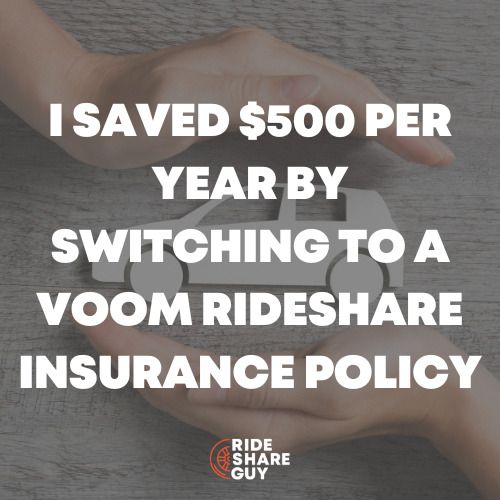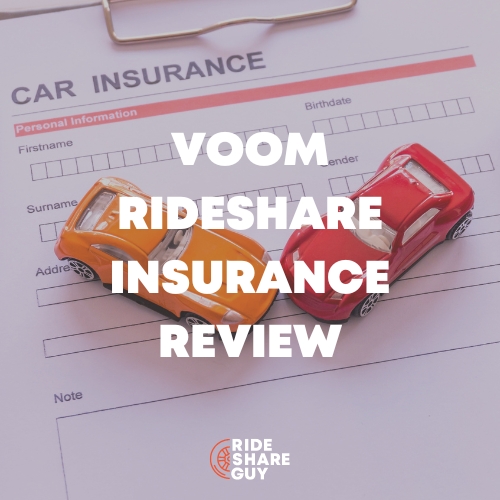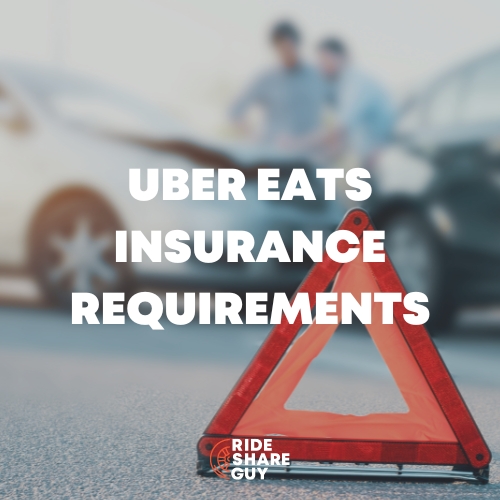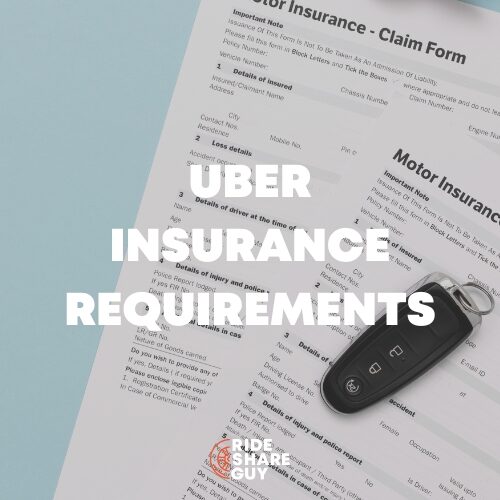Harry here. As more drivers sign up for rideshare insurance, it’s important to look at how the costs for insurance vary by vehicle. Today, RSG contributor Scott Van Maldegiam takes a look at the top 10 rideshare vehicles to insure.
I have been thinking a lot lately on how to keep my costs down in general. Along those same lines, I look to keep the costs down of any business I participate in. With rideshare, insurance is a large cost. While the cost of the vehicle and the cost of the gas outweigh the insurance costs, it is interesting to look at which vehicles cost the least to insure and why.
How is insurance rated/priced?
Before getting to the list, let’s look at what factors affect your personal rate:
- Credit Rating
- Age/Gender
- Driving Record
- Zip Code
- Vehicle
These are the most important items insurance companies consider when determining your insurance payment. The only piece of that you have direct control of is the vehicle you drive.
Related Article: How much does rideshare insurance cost?
Top 10 least expensive vehicles to insure (based on 2016 models)
I always liked the way David Letterman did his top 10 lists, so let’s start with number 10.
10. Nissan Frontier King Cab (ok, not the ideal vehicle to use for Uber or Lyft)
9. Jeep Cherokee
8. Buick Encore
7. Ford Escape
6. Jeep Compact Sport
5. Jeep Wrangler (again, not ideal and in fact, doesn’t qualify to use for Uber or Lyft)
4. Jeep Patriot Sport
3. Dodge Caravan
2. Honda CR-V
1. Honda Odyssey
Other than two outliers on this list, the list is made up entirely of minivans and Compact SUVs.
Related Article: Uber Car Requirements for 2016
Why are these vehicles less expensive to insure?
I am not sure about you, but this list surprised me until I started to look a little deeper into the factors that affect rates specific to vehicles. Here are a few of the factors:
- Profile/Use – Who drives minivans (in general)? Parents who drive their kids around. This type of driver, statistically, has fewer claims.
- Safety – These vehicles have very good safety ratings.
- Cost – While these are not the least expensive cars, their cost to replace is not too high.
- Size – These vehicles are average size so they will cause less damage to another vehicle when compared to a larger vehicle.
What vehicle should I buy?
From this list, one can see that buying a compact SUV or minivan will help to keep the costs of insurance to a minimum, but what else do these vehicles provide that make them a good choice?
- UberXL/Lyft Plus – For the minivan, UberXL and Lyft Plus provide an extra incentive as those rides pay more than regular Uber and Lyft rides.
- Delivery – These vehicles have larger cargo capacities that are perfect for doubling as a delivery vehicle.
- Power sliding doors – It is great to be able to open the door for your customer without having to get out of the car. Also, it is very easy to get in and out using a sliding door.
- Space – Passengers want a good experience and providing them more room than your buddy who drives a Ford Fiesta is a good idea.
- Gas Mileage – Miles per gallon has improved over the last few years for Compact SUVs making them a great choice. There is a reason why the Ford Escape is a popular choice for taxi companies in Chicago.
What about the Toyota Prius?
I would be remiss if I didn’t comment on the most popular rideshare vehicle, the Toyota Prius. The Prius is more expensive to insure, so this is not where it excels. I will be taking a look at the general cost of ownership of vehicles in a future article. But as new models evolve, I expect that some of these models will be released as a hybrid model.
If you’d like to get a quote for your vehicle, head over to our rideshare insurance marketplace and see a listing of available options by state. We’ve also handpicked knowledgeable agents that will be able to answer all of your rideshare insurance related questions.
Is your car on this list, and how much do you pay for insurance?
-Scott @ RSG






